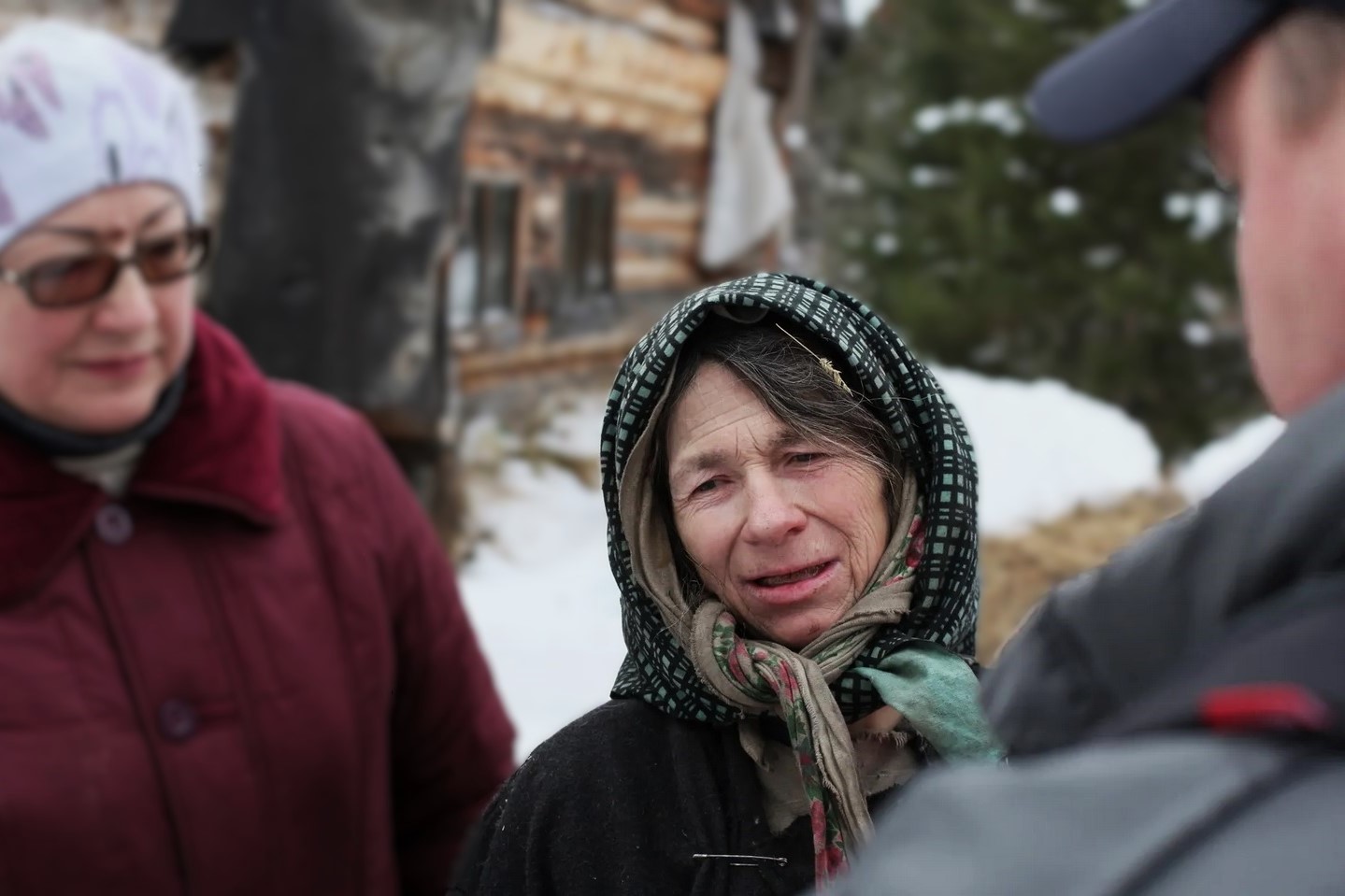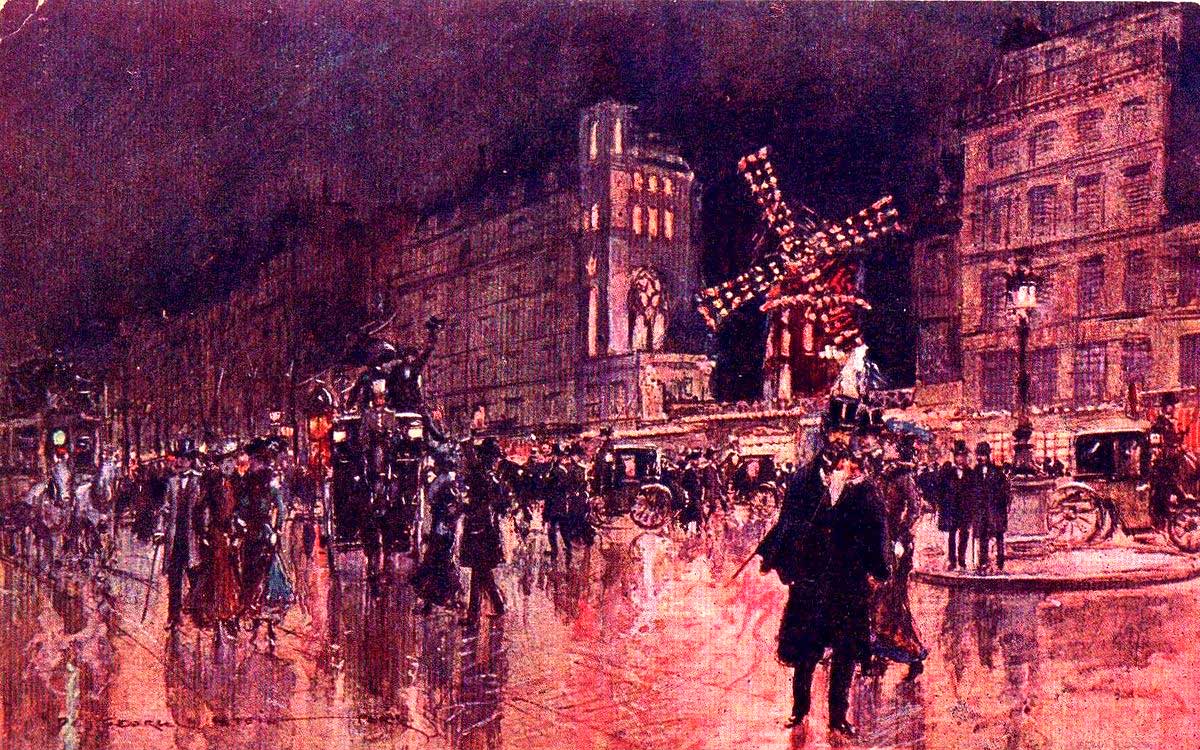
Who were the Lykov family? Imagine living in complete isolation from the modern world for over 40 years. That's exactly what the Lykov family did. In 1936, Karp Lykov, a devout Old Believer, took his family deep into the Siberian taiga to escape religious persecution. They built a life in the wilderness, cut off from civilization, surviving on their wits and the land. For decades, they had no contact with anyone outside their immediate family. Their story came to light in 1978 when Soviet geologists stumbled upon their homestead. The Lykovs' tale is a fascinating blend of survival, faith, and resilience. Curious about how they managed? Let's dive into 34 intriguing facts about this remarkable family.
Key Takeaways:
- The Lykov family lived in isolation for over 40 years, surviving in the Siberian wilderness. Their story showcases human resilience and the impact of isolation on survival and faith.
- Agafia Lykov, the sole survivor, continues to live in the taiga, maintaining her family's way of life. Their story highlights the enduring legacy of human adaptability and the preservation of beliefs.
The Lykov Family's Isolation
The Lykov family lived in complete isolation for over 40 years. Their story is one of survival, faith, and resilience. Here are some fascinating facts about their extraordinary life.
-
The Lykov family fled into the Siberian wilderness in 1936 to escape religious persecution in the Soviet Union.
-
They belonged to a sect of Russian Orthodox Christians known as the Old Believers.
-
Karp Lykov, the family patriarch, decided to take his family into the taiga after his brother was killed by a Soviet patrol.
-
The family settled in a remote area of the Sayan Mountains, over 150 miles from the nearest human settlement.
-
For decades, they had no contact with the outside world and were unaware of World War II.
Survival in the Taiga
Living in the harsh Siberian wilderness required incredible ingenuity and resilience. The Lykovs managed to survive using only what nature provided.
-
They built a small log cabin using hand tools and natural materials.
-
Their diet consisted mainly of potatoes, rye, and wild plants they foraged.
-
They grew their own food, relying on a small garden for sustenance.
-
The family hunted animals and fished in nearby streams to supplement their diet.
-
They made clothing from hemp and animal hides.
Discovery by Geologists
The Lykov family's isolation came to an end in 1978 when a group of Soviet geologists stumbled upon their homestead.
-
The geologists were conducting a survey for mineral deposits when they discovered the Lykovs.
-
The family was initially frightened but eventually welcomed the geologists into their home.
-
The Lykovs were amazed by modern technology, including flashlights and plastic containers.
-
They learned about major historical events, such as the moon landing and the fall of Nazi Germany.
-
The geologists provided the family with some modern supplies, including salt and matches.
The Lykov Children
The Lykov children grew up in complete isolation, with no knowledge of the outside world. Their upbringing was unique and challenging.
-
The family had four children: Savin, Natalia, Dmitry, and Agafia.
-
The children were born in the wilderness and had never seen other humans until the geologists arrived.
-
They were taught to read and write using old religious texts.
-
The children developed remarkable survival skills, including hunting and foraging.
-
They had no concept of modern conveniences like electricity or running water.
Tragic Losses
The Lykov family faced numerous hardships and tragedies during their time in isolation.
-
Karp's wife, Akulina, died of starvation in 1961 during a particularly harsh winter.
-
Savin and Natalia succumbed to kidney failure in 1981, likely due to their limited diet.
-
Dmitry died of pneumonia in 1981 after refusing medical treatment from the geologists.
-
Karp Lykov passed away in 1988, leaving Agafia as the sole survivor.
Agafia Lykov's Life Today
Agafia Lykov continues to live in the Siberian wilderness, maintaining her family's way of life.
-
She chose to remain in the taiga despite offers to move to a more modern settlement.
-
Agafia receives occasional visits from journalists, researchers, and well-wishers.
-
She has adapted to some modern conveniences, such as a solar panel for electricity.
-
Agafia continues to practice her Old Believer faith, adhering to strict religious traditions.
-
She maintains a small garden and keeps livestock for food.
The Legacy of the Lykov Family
The story of the Lykov family has captivated people around the world, highlighting the human spirit's resilience and adaptability.
-
Their story was first documented by Soviet journalist Vasily Peskov in his book "Lost in the Taiga."
-
The Lykovs' tale has been the subject of numerous documentaries and articles.
-
Their experience offers valuable insights into human survival and the impact of isolation.
-
The Lykov family's story serves as a reminder of the lengths people will go to preserve their beliefs and way of life.
-
Agafia Lykov's continued existence in the taiga is a testament to her family's enduring legacy.
The Lykov Family's Legacy
The Lykov family's story is a testament to human resilience and the will to survive against all odds. Living in isolation for over 40 years, they adapted to the harsh Siberian wilderness, relying on their resourcefulness and faith. Their tale offers a unique glimpse into a life disconnected from modern society, highlighting both the challenges and triumphs they faced.
Despite their isolation, the Lykovs maintained a strong family bond and a deep connection to their beliefs. Their experience reminds us of the importance of family, faith, and the human spirit's ability to endure. As we reflect on their journey, we gain a deeper appreciation for the comforts of modern life and the incredible strength required to live without them. The Lykov family's legacy continues to inspire and fascinate, leaving a lasting impact on those who learn about their extraordinary life.
Frequently Asked Questions
Was this page helpful?
Our commitment to delivering trustworthy and engaging content is at the heart of what we do. Each fact on our site is contributed by real users like you, bringing a wealth of diverse insights and information. To ensure the highest standards of accuracy and reliability, our dedicated editors meticulously review each submission. This process guarantees that the facts we share are not only fascinating but also credible. Trust in our commitment to quality and authenticity as you explore and learn with us.


